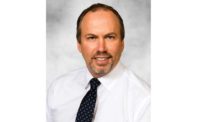Experience and knowledge can’t be gifted; they have to be earned. However, as a business owner, what if you could go back in time, possessing the knowledge you’ve accumulated, and relive your past experiences?
What would you change about your HVACR contracting experience knowing what you know now? That was the hypothetical question The ACHR NEWS asked three experienced HVACR contractors. Their advice offers a behind-the-scenes look at common HVACR contracting ownership and extends a pay-it-forward mulligan to young contractors poised to learn from their mistakes.
Founder, The New Flat Rate
Set Your Profits Aside
Rodney Koop, founder of The New Flat Rate, has more than 33 years of experience in the skilled trades. He began his storied career ascending the ranks of a large electrical company. While he quickly found himself on the company’s board of directors, a lack of leadership led him and his employer to a separation.
“The direction of the company didn’t align with my beliefs, so I resigned,” he said. “Honestly, I had nowhere else to go, but it was the right move at the time. I honestly thought I’d end up flipping burgers at McDonald’s.”
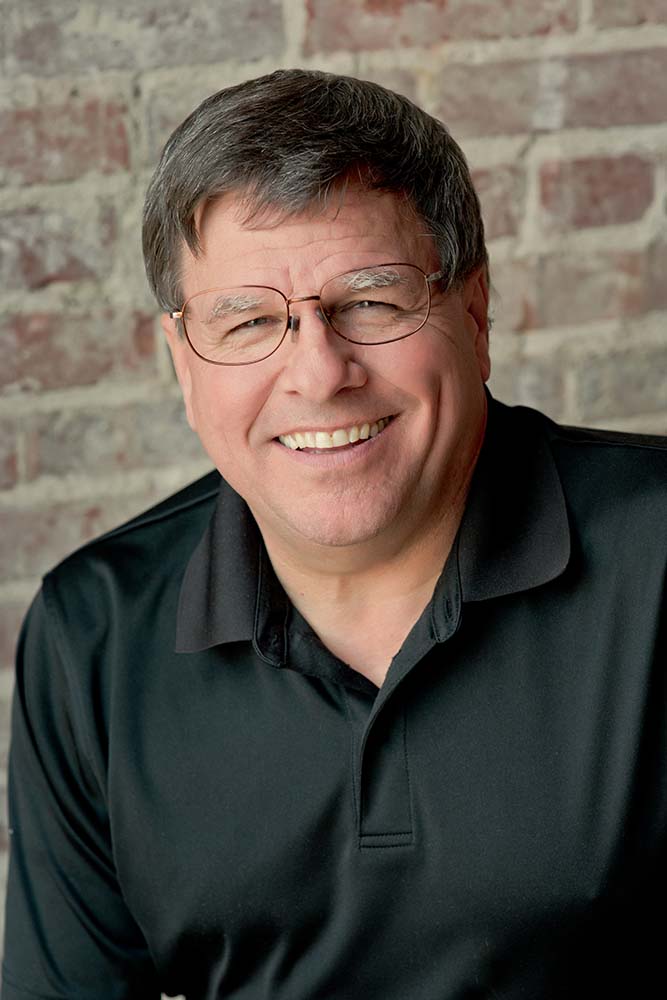
THE OLD FLAT RATE: Rodney Koop, CEO, The New Flat Rate, started his career in the trades more than 33 years ago. (Courtesy of The New Flat Rate)
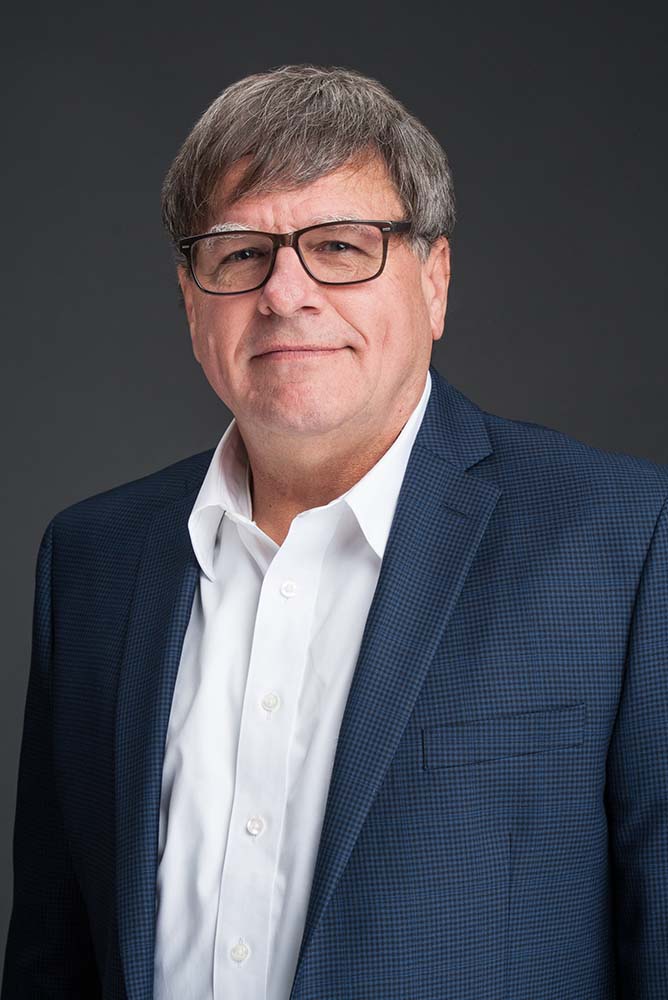
THE NEW FLAT RATE: Koop has grown his company, The New Flat Rate, into one of the premier pricing options for HVAC contractors. (Courtesy of The New Flat Rate)
In that time of crisis, his family had his back. They began canvassing the neighborhood with fliers, advertising Koop’s electrical talents.
“For every service call my wife and kids booked for me, I rewarded them with $5 for ice cream,” Koop said. “My first service call was a $135 light repair at Rainbow Water Beds. I was making about $800 a week when I quit my job, so I thought, ‘Wow, if I complete three or four service calls a week, I think I can survive.’
“But, then, I got a call from a company that was renovating a carpet glue factory and ended up doing about $37,000 worth of work,” he continued. “After six weeks, I had $10,000 in my bank account. I’d never had that much money in the bank ever in my life. With industrial electrical work, I prospered well for the next three years. But I had a goal to pay my electricians enough so their wives could stay at home with their kids, like my wife did. I figured they needed close to $30 an hour or more to achieve that goal; however, through industrial and commercial work, I could only pay $11-$14 per hour. I needed something where we could charge more, and residential looked like the ticket.”
Unfortunately the competition in his small manufacturing town was stiff, with hundreds of factory and maintenance workers posing as electricians.
“Nobody wanted to pay me what I was worth, because they could always get somebody from the carpet mill to do it for next to nothing,” he said.
To make ends meet, Koop began teaching exam prep and continuing education classes on a part-time basis at the local college. While there, he kept his ear close to the ground.
“The HVAC guys in my classes were grumbling about regulations that were forcing them to buy refrigerant recovery units for their trucks at around $2,500,” he said. “Many of them said they were done with HVAC. They refused to put up with the government strong-arming them and wanted out of the trade.”
Koop seized on this displeasure, viewing it as an entrepreneurial opportunity.
“I placed a classified ad in the Yellow Pages, seeking to purchase an HVAC company,” he said. “In a very short time, I purchased a local business.”
Now the man in charge, Koop said it didn’t take long for his mistakes to catch up to him.
“Within three or four months, I’d completely destroyed that company,” he said, laughing. “The cost of equipment in HVAC, when compared to plumbing or electrical businesses, is enormous. I quickly ran up my costs, and my bill to my distributor exceeded $45,000. None of the money I made went toward my bills.”
Knowing what he knows now, Koop said he would have placed a much higher priority on paying his bills.
“Once a job is done, it’s nice to pocket that money, but make sure you pay your equipment expenses right away,” he said. “You have to learn how to handle money. Most technicians don’t do a good job with the books. I suggest contractors take 10% of every dime they earn and put it in a savings or investment account that they don’t touch. As the owner, force yourself to pay all your bills, including paying yourself out of what’s left. This must be done every week. Keep all credit cards paid down to zero two times a month.”
Once a company gets its finances in check, it’s important to ensure the business is profitable, which is yet another tip he’d offer his younger self.
“The No. 1 job of the CEO is to protect and maximize profit,” Koop said. “Remember, you’re in business to make money. Profit on paper is not money filling a bank account. If you bid or planned the work at 10% profit, then remove 10% of the money from the company every week. If you can’t do that, you’re lying to yourself about profit. This is the proof. Get the money out and prove that you can run the company on what’s left. If you run the company using your profits, you’re lying to yourself about how successful you are.”
A Family Affair
After three years of grinding for someone else, Pete Peterman felt as though he could do it better on his own. Thus, in 1986, from the comfortable confines of his Beech Grove, Indiana, garage, he opened his own company, Peterman Brothers.
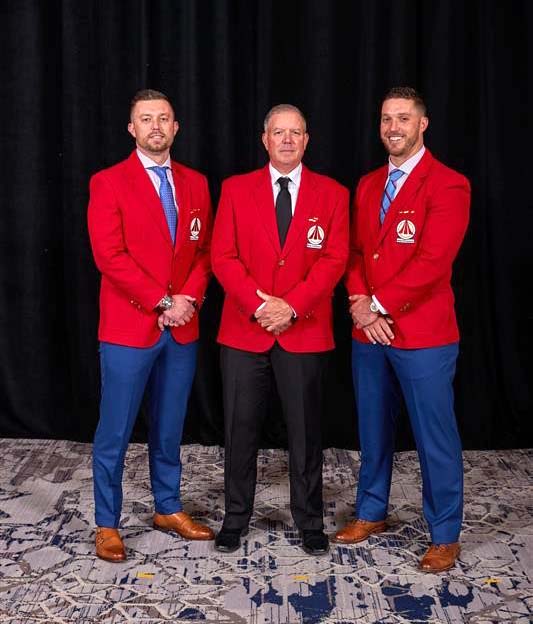
MODERN DAY: The Peterman family today (left to right) Chad Peterman, Pete Peterman, and Tyler Peterman. (Courtesy of Peterman Brothers)
Despite his bravado, with his wife six-months pregnant, his timing was far from impeccable.
“That decision didn’t go over real well,” he laughed. “We knew it was going to be a lot of work and that it would take up a lot of my time, but I really had no idea just how hard it was going to be.”
Pete Peterman built the company through referrals and word of mouth, growing job by job. Through that growth, he said he kind of got lost in the business, not paying close attention to the company’s finances.
“In my mind, I felt like I could do everything,” he said. “I was running service calls and helping on installs, working in the business 90% of the time. I didn’t really focus on the company’s accounting. I based everything on the deals we were making and only focused on covering our weekly expenses. Knowing our numbers and utilizing KPIs [key performance indicators] would have certainly made things easier.”
In hindsight, Pete Peterman wishes he would have been a better delegator.
“I would suggest young owners gain a mentor and align themselves with different people from different cities to learn what they’re doing right and wrong,” he said. “Then, take the tips you’ve learned and implement them accordingly.”
Just over 11 years ago, Pete Peterman’s son Chad joined the business. With little-to-no experience in the HVAC field, he began calling the shots with his brother Tyler. Under their tutelage, the company has thrived. Peterman Brothers now employees 620 individuals, focusing solely on the residential service and repair/replacement market.
“I majored in political science and had no intention of ever joining the industry,” said Chad Peterman, who now serves as company president. “Leaving town, attending college, and returning years later allowed me to see things through a different lens.”
Young and inexperienced, Chad Peterman said he, intelligently, relied upon the opinions of his peers.
“The owner’s answer isn’t always the right answer,” he said. “We’ve really tried to empower our team and have allowed them to have a say in what we do. It’s never been a ‘my way or the highway’ approach. We work together to ensure we’re coming forth with the right answer.”
Chad Peterman learned very quickly that running an HVAC business is about much more than repairing or replacing furnaces and water heaters.
“This industry is all about the people,” he said. “Looking back, I wish I would have spent more time on our people. When you’re small, it’s easy to be overly focused on the day-to-day operations and taking care of customers’ needs. Additionally, recruiting needs to be a top priority. You can train the technical side, but finding great people is the key to success in scaling a business in the trades.”
If he could turn back time, Chad Peterman would have invested more time in the company’s future.
“Tomorrow’s going to come, and you can’t invest in the company’s future if you don’t know where it’s headed,” he said. “Looking back, we spent too much time on saving a buck here or there or trying to do things ourselves. I wish we would have just hired an expert, bit the bullet on the cost, and let their expertise go to work. This rings true with data, analytics, KPIs, etc.”
Exponential Growth
Air Pros USA is a Hollywood, Florida-based company that is expanding at a breakneck pace. The company, which opened in 2017, completed eight acquisitions in 2022 alone and continues to spread through the U.S., now serving communities in Washington, Colorado, Texas, Georgia, Alabama, Louisiana, and Florida.
Anthony Perera, founder and chief growth officer, is the mastermind behind the company’s prosperity. Lacking the capital necessary to fuel such prorated procurement, he got creative — purchasing customer lists and contact information from closed-down companies. His diligence rewarded him handsomely as revenue climbed from $15 million to $40 million.
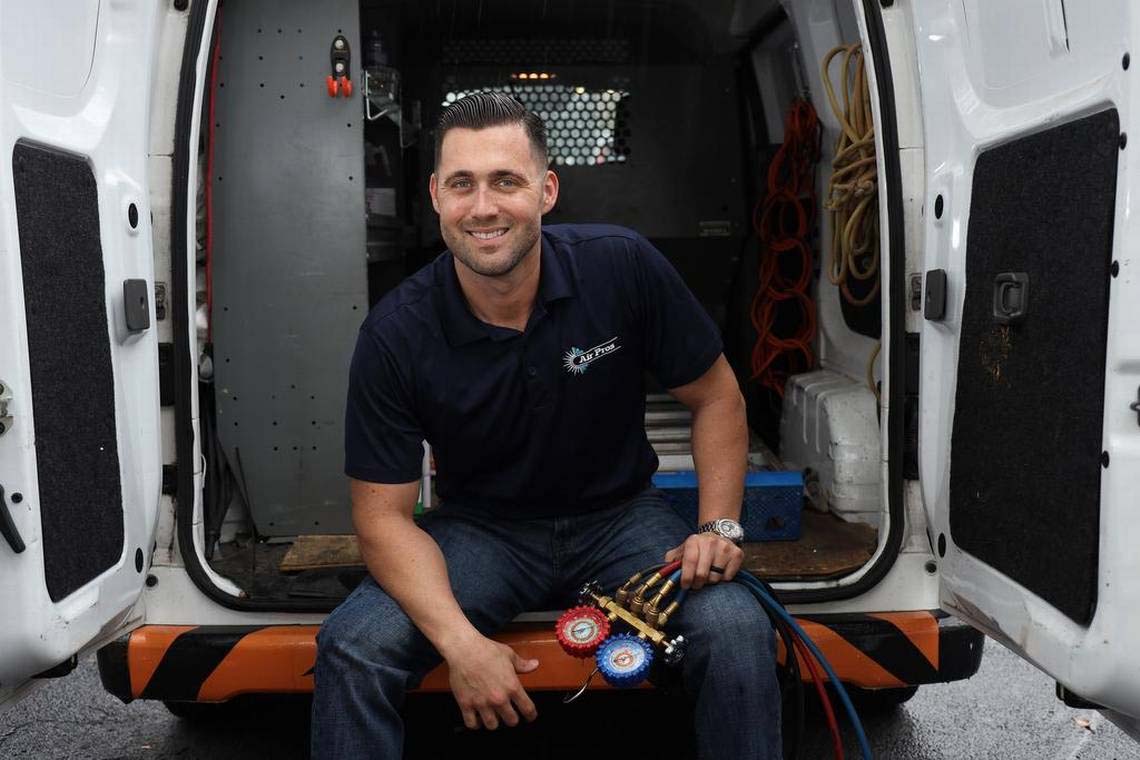
YOUNG ENTREPRENEUR: Anthony Perera, founder and chief growth officer, Air Pros USA, started his company in 2017. (Courtesy of Air Pros USA)
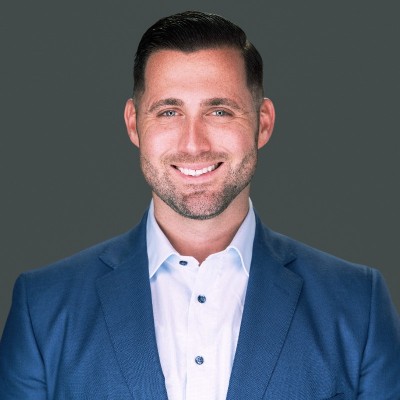
CHIEF GROWTH OFFICER: Today, Anthony Perera’s company employs more than 1,000 employees, deploys approximately 800 trucks, and completes more than $200 million in business annually. (Courtesy of Air Pros USA)
From there, he began looking for an equity partner. Together with Peak Rock Capital in Austin, Texas, the company raised $50 million and continued to grow its monopoly. Today, the company employs more than 1,000 employees, deploys approximately 800 trucks, and completes more than $200 million in business annually.
“Whenever you start a business, you’re always hyper-focused on more, more, more — gaining more customers, sales, revenue, etc.,” Perera said. “In that process, it’s easy to overlook the value of your customers — both your external customers, your clients, and your internal customers, your employees.
“We started to scale very quickly, and we focused intently on providing five-star service to our external customers,” he continued. “It’s very important to recognize that our installing Air Pros really helped drive that growth.”
Perera said it’s crucial to focus on working on the company rather than in the company.
“As an entrepreneur, you should be focusing on how to build systems that can facilitate growth and scale,” he said. “Don't get overly focused and stuck actually working in the business. You’re better off building systems that allow the business to operate and focusing your attention and energy elsewhere.”
Knowing what he knows now, Perera said he’d implement more KPIs from the start.
“KPIs provide data on a business’s effectiveness,” he said. “It could be any number of factors, including an NPS [net promoter score], average revenue per call, etc. Those are all extremely important.”
Finally, Perera said don’t be afraid to push your limits.
“Take the risk,” he said. “Go out there and do it. Find a good mentor, follow key thought leaders, join an industry group — Success Group International or Nexstar, for example — and align yourself with a great support team. All said and done, when in doubt, take the risk.”






